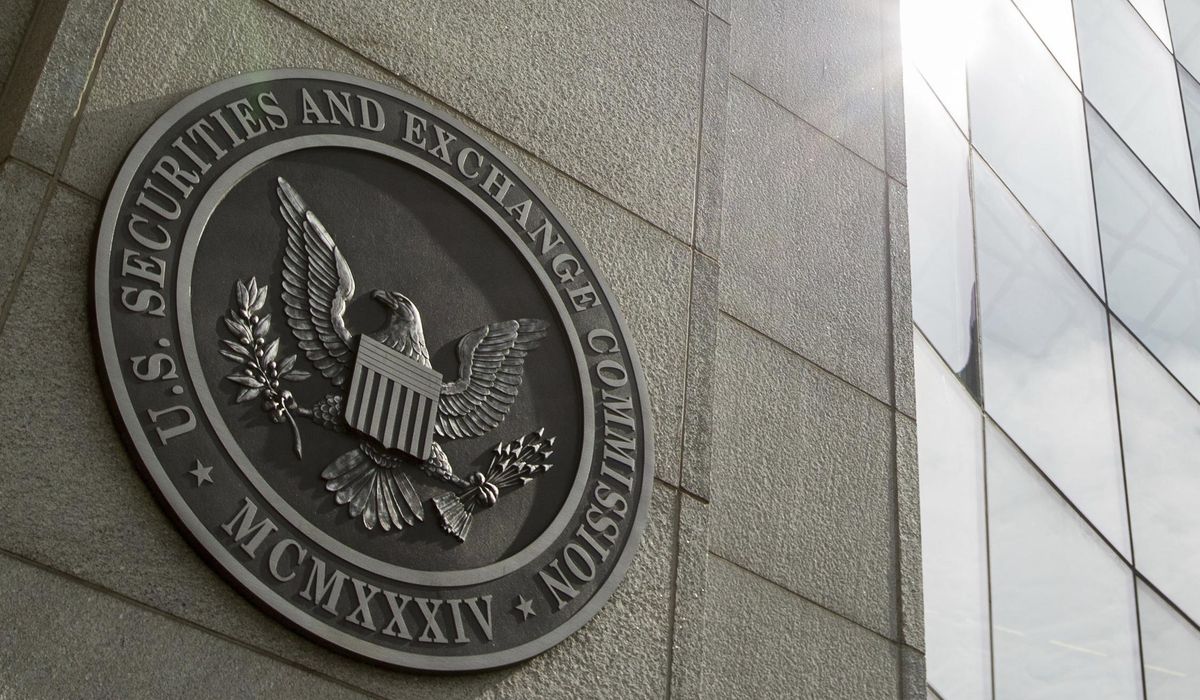


The Supreme Court ruled in favor of a man challenging a Securities and Exchange Commission’s fine, saying the agency’s in-house adjudication process ran afoul of his constitutional rights.
The 6-3 ruling was split along ideological lines, with the conservative majority reasoning that an administrative law judge does not afford the type of due process entitled to an individual facing civil penalties and that the Seventh Amendment right to a jury trial applies when the SEC aims to penalize someone for alleged securities fraud.
“The SEC’s antifraud provisions replicate common law fraud, and it is well established that common law claims must be heard by a jury,” Chief Justice John G. Roberts Jr. wrote for the majority.
The ruling is a blow to the expanding powers of the administrative state.
The court’s three Democratic appointees dissented, warning that the court would unleash chaos by its ruling. The dissent argued that Congress has “enacted more than 200 statutes authorizing dozens of agencies to impose civil penalties.”
“Today, for the very first time, this Court holds that Congress violated the Constitution by authorizing a federal agency to adjudicate a statutory right,” Justice Sonia Sotomayor wrote in the dissent.
She was joined by Justices Elena Kagan and Ketanji Brown Jackson.
The case, SEC v. Jarkesy, came to the court after the commission asked the justices to overturn a lower court ruling that the federal agency violated the Seventh Amendment when an in-house administrative law judge fined a hedge fund manager $300,000 for a securities violation.
The ruling against the SEC could limit or even end federal agencies’ in-house proceedings and require federal judges to rule in administrative cases, according to some court watchers.
Article III of the Constitution establishes the federal judiciary, including the Supreme Court. Administrative courts are not part of the judiciary or recognized in the Constitution, and their rulings do not set judicial precedent.
At least 27 federal agencies have employed administrative law judges, according to the Congressional Research Service.
The Dodd-Frank Wall Street Reform and Consumer Protection Act in 2010 gave the SEC authority to seek civil penalties against individuals for violating securities laws.
George Jarkesy, at the heart of the legal battle, managed two hedge funds with roughly $24 million and was charged with violating securities laws. The SEC said he misrepresented investments and strategies to his investors and inflated the funds’ holdings.
Seeking to fine Mr. Jarkesy, the SEC started administrative proceedings against him in 2013.
Mr. Jarkesy sued, citing constitutional concerns. He argued that a federal agency’s civil penalties run afoul of the Seventh Amendment, which guarantees a right to a jury trial. He issued the argument in federal court in an effort to avoid adjudication in the SEC proceedings, but his complaint was initially dismissed.
An administrative law judge ruled that Mr. Jarkesy had violated federal securities law and fined him $300,000, among other penalties. He appealed to the 5th U.S. Circuit Court of Appeals, which ruled that a civil liability from an administrative proceeding violated his Seventh Amendment rights.
The Supreme Court’s decision on Thursday in Mr. Jarkesy’s favor affirms the 5th Circuit’s ruling.
• Alex Swoyer can be reached at aswoyer@washingtontimes.com.
